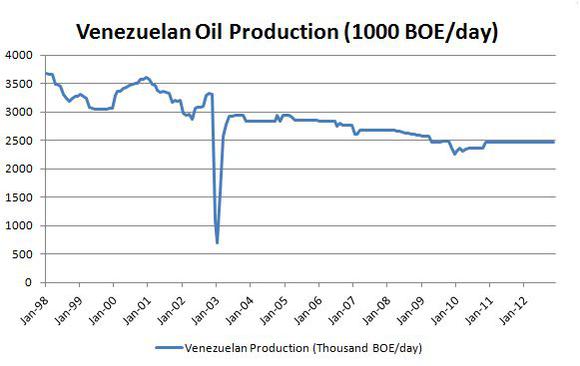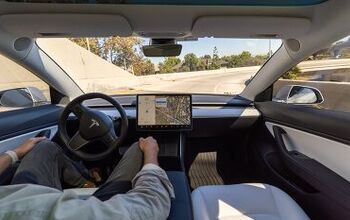Ford's Profits in Latin America Wiped Out as Venezuela Devalues Currency by 44%
Ford Motor Company assembly plant in Valencia, Venezuela.
Ford Motor Company announced last week that instead of making money in Latin America this year, it will likely lose $350 million in the region because the government of Venezuela devalued its currency, the bolivar, by 44%. Ford is currently holding more than $700 million in bolivars that it cannot exchange or repatriate. The Venezuelan government is trying to conserve its hard currency reserves and it will not give Ford dollars for bolivars. FoMoCo, which has built vehicles in Venezuela since 1962 and currently operates an assembly plant in Valencia, really doesn’t have any options other than to write down the loss. The car company can’t very well try to exchange currency on the black market. Other international companies, including Toyota, face similar situations with their operations in Venezuela.
The 44% devaluation in the bolivar is the second this year, following a 32% devaluation in February. Currency controls in place for the last decade have made dollars scarce in Venezuela. Foreign reserves were reported to be at a nine year low this month. With a weak domestic currency and shrinking reserves of hard foreign currencies, companies in Venezuela have had a difficult time arranging imports, resulting in shortages of imported good ranging from meat to tires.
One reason analysts give for Venezuela’s currency issues has been growing government deficits. Government revenues from exporting oil have gone down as the country’s oil fields experience natural decline. The deficits are exacerbated by the government subsidizing the price of gasoline so consumers only pay about 5 cents per gallon, a subsidy that is reported to be phased out to bring the price up to about $1.60/gallon..
More by TTAC Staff
Latest Car Reviews
Read moreLatest Product Reviews
Read moreRecent Comments
- MaintenanceCosts Poorly packaged, oddly proportioned small CUV with an unrefined hybrid powertrain and a luxury-market price? Who wouldn't want it?
- MaintenanceCosts Who knows whether it rides or handles acceptably or whether it chews up a set of tires in 5000 miles, but we definitely know it has a "mature stance."Sounds like JUST the kind of previous owner you'd want…
- 28-Cars-Later Nissan will be very fortunate to not be in the Japanese equivalent of Chapter 11 reorganization over the next 36 months, "getting rolling" is a luxury (also, I see what you did there).
- MaintenanceCosts RAM! RAM! RAM! ...... the child in the crosswalk that you can't see over the hood of this factory-lifted beast.
- 3-On-The-Tree Yes all the Older Land Cruiser’s and samurai’s have gone up here as well. I’ve taken both vehicle ps on some pretty rough roads exploring old mine shafts etc. I bought mine right before I deployed back in 08 and got it for $4000 and also bought another that is non running for parts, got a complete engine, drive train. The mice love it unfortunately.




































Comments
Join the conversation
Venezuela is not all of Latin America. It isn't even close to the largest country in Latin America, or even just South America. The big problem countries in South America are Venezuela and Argentina, two countries that have a long history of repeatedly squandering their national wealth and that of their citizens. Economic and political stability is hard, and though others in the region have had their problems, those two are the worst offenders, and represent risks that are excessive, though Peru and Bolivia are getting close. Ford would be better off getting out of Venezuela and spreading its investment primarily to Brazil, Colombia and Chile, countries with reasonable stability and markets representing two-thirds of South America's population.
Communism was just a red herring.